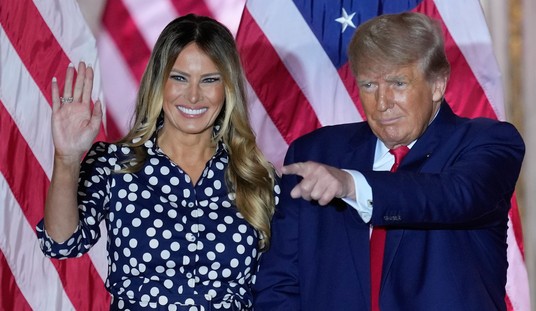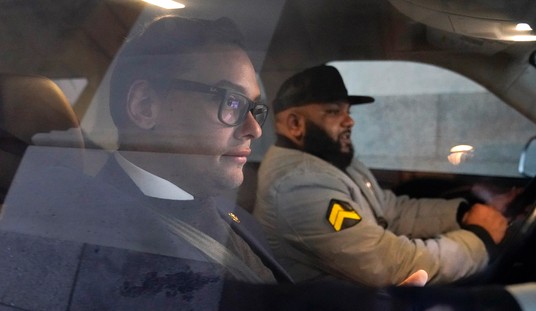When a Montana court ruled in December that the state’s longstanding restrictions on outside campaign spending should be allowed to stand, it was clear that the Supreme Court would have to address the issue. That Montana ruling, after all, stood in contradiction to the SCOTUS’ landmark decision in Citizens United v. Federal Election Commission, which gave corporations greater freedom to spend their own money in federal elections. Today, the Supremes said the Montana ruling cannot be enforced until the highest court in the country has a chance to weigh in:
The justices are now being asked whether state restrictions, as in the Montana case, should also be tossed out. Until the high court decides whether to tackle the issue, the current restrictions are suspended.
The Montana Supreme Court made its ruling December 30, saying there was a legitimate state interest to ensure independent expenditures by corporations “do not give rise to corruption or the appearance of corruption.”
The case is American Tradition Partnership Inc. v. Bullock (11A762).
The proliferation of Super PACs has become a subject of some debate this primary season. Newt Gingrich, for example, has repeatedly called on Mitt Romney to take responsibility for his Super PAC — and Mitt Romney has aptly responded that he is not legally allowed to do so. Romney has made the case that Super PACs are the undesirable result of unnecessary campaign finance legislation. As it turns out, at least one Democrat agrees with him:
I’ve been involved in Democratic politics for two decades, and I’ve had a front-row seat to observe outside groups’ tightening grip on American elections and reformers’ repeated efforts to loosen it — efforts that I’ve always supported.
Nevertheless, I’ve decided that the best way forward may be to go in the opposite direction: repeal what’s left of the Bipartisan Campaign Reform Act, commonly known as McCain-Feingold, which severely limits the amount of money the parties can collect for their candidates.
Doing so wouldn’t get rid of the role of money in American politics. But by channeling it back into the parties, it would reintroduce accountability to the system, the lack of which is what makes super PACs so pernicious.
For the record, I’m just fine with Super PACs — and I also don’t see why party fundraising should be limited. Yes, it all leaves the fact-checking burden up to the media consumer — but, regardless of whether we realized it in the days of Walter Cronkite, that’s always been the case. “Test everything; hold fast to what is good.”








Join the conversation as a VIP Member